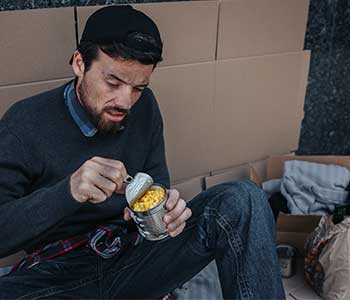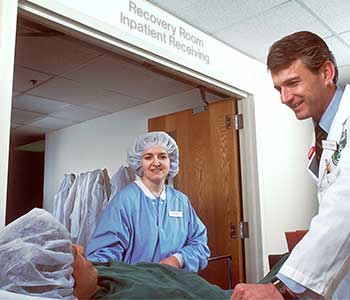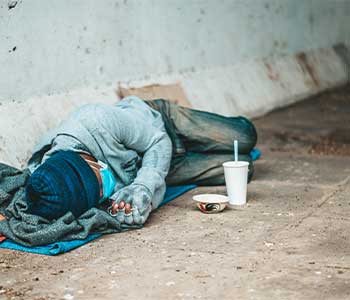Don’t Turn Your Back To Those In Need.
If you can’t feed a hundred people, then feed just one
Charity is the act of giving help to those in need of it. It is a humanitarian act. It involves giving money, goods or time and effort to those who need it. It is done without expecting something in return. Giving money or food to poor people is an example of charity. Poor, sick or injured people are generally considered the proper people
When such people are not supported, they often begin begging, which is directly asking for help from people they do not know.[1] Others may rely on support from charitable organisations. These organisations collect money and goods and then give them to those in need.
When such people are not supported, they often begin begging, which is directly asking for help from people they do not know.[1] Others may rely on support from charitable organisations. These organisations collect money and goods and then give them to those in need.
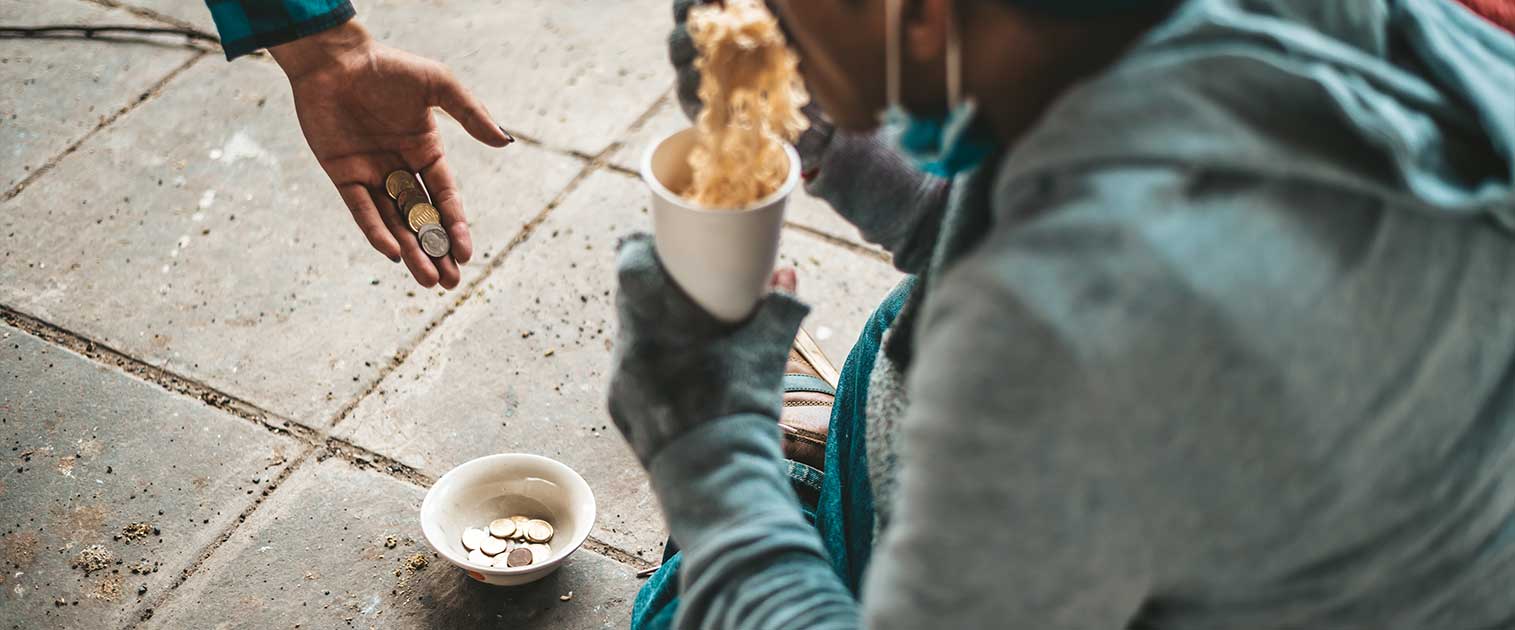
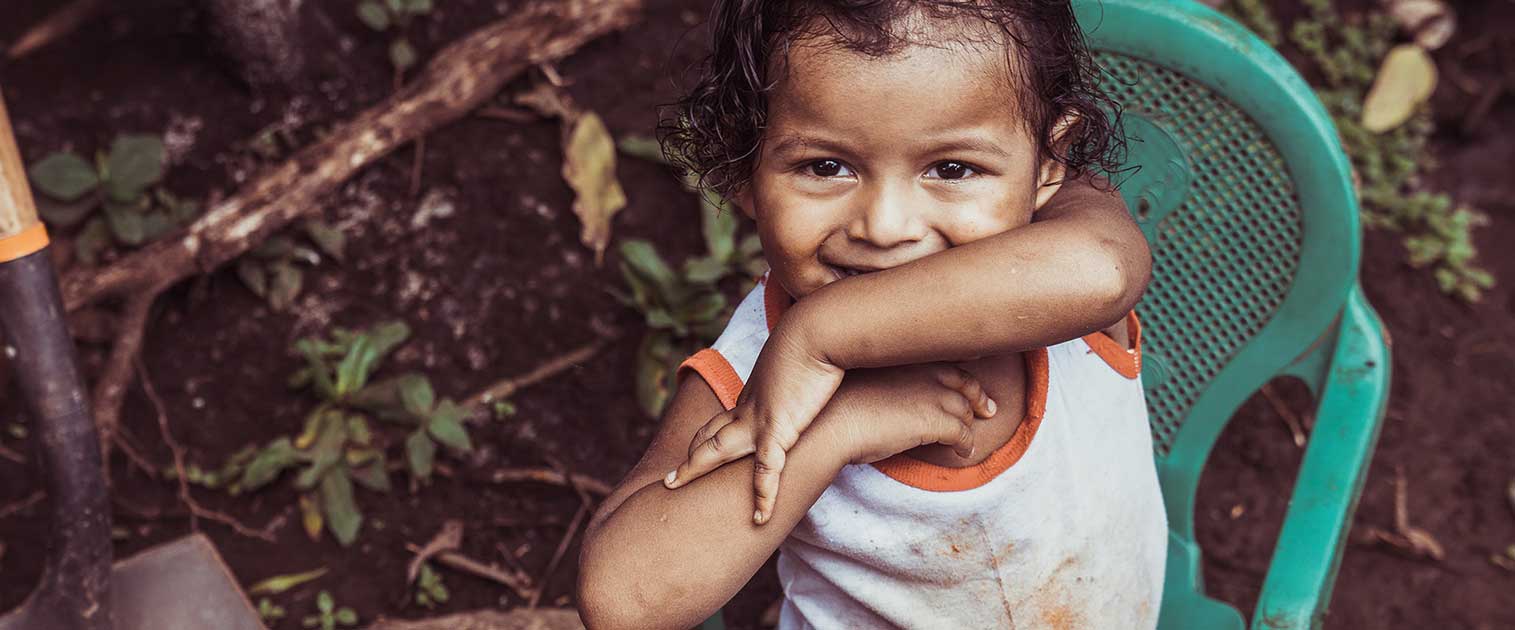
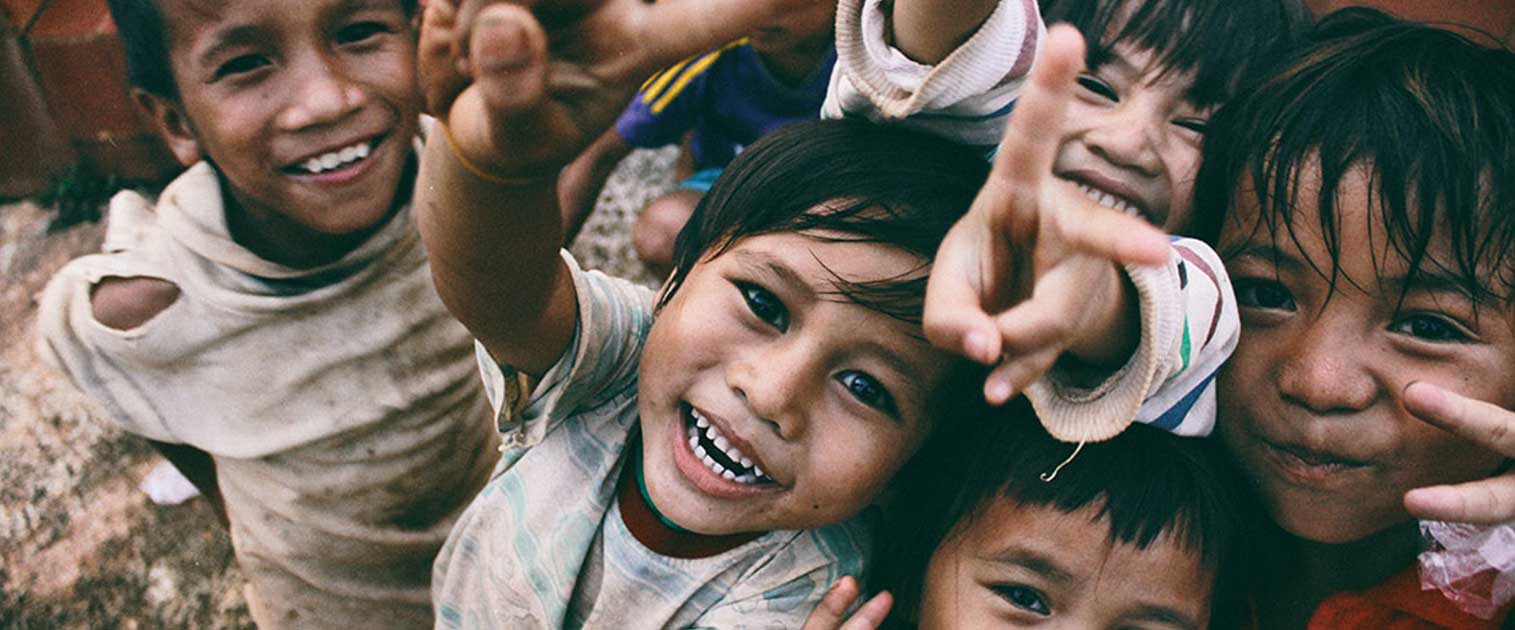
You can’t enjoy wealth if you’re not in good health
The food which is helpful for our body, mind and health and which helps to prevent all the diseases from our body is considered as good food. Generally, a balanced diet contains all elements of food-carbohydrate, protein, fat, vitamin, mineral salt and water. we should still remember to eat mostly fruits.
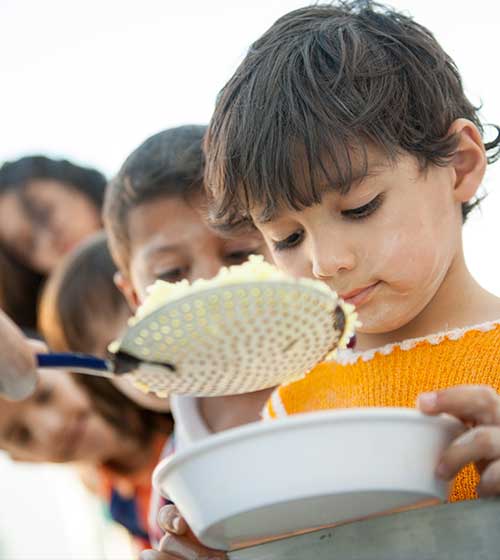
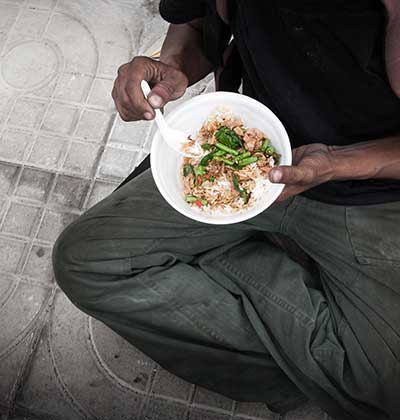
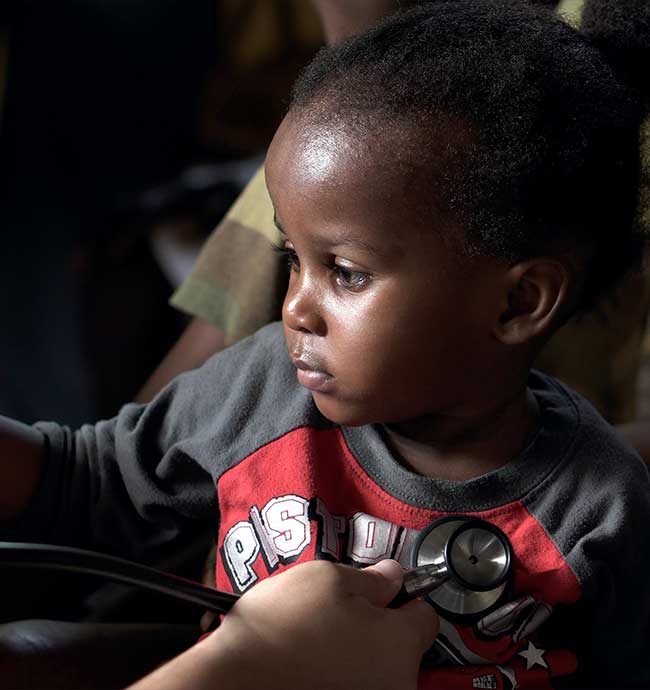
Empowering People to Improve Their Lives.
Medical availability and clinical practice varies across the world due to regional differences in culture and technology. Modern scientific medicine is highly developed in the Western world, while in developing countries such as parts of Africa or Asia, the population may rely more heavily on traditional medicine.
Education is a commitment to excellence in Learning.
Education is the process of facilitating learning, or the acquisition of knowledge, skills, values, beliefs, and habits. Educational methods include teaching, training, storytelling, discussion and directed research. Education frequently takes place under the guidance of educators, however learners can also educate themselves.
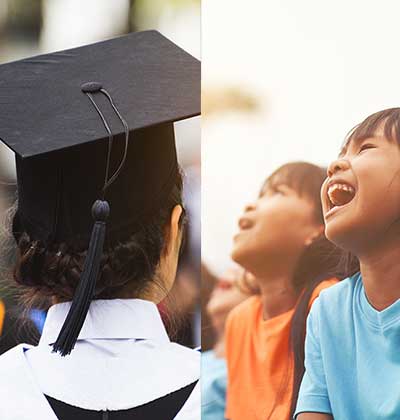
Let you know what’s happening
Donation For Homeless People
Donation For Homeless People
Donation For Homeless People
You make a life by what you give
Volunteers do not necessarily have the time. They just have the heart. The best way to find yourself is to lose yourself in the service of others.

